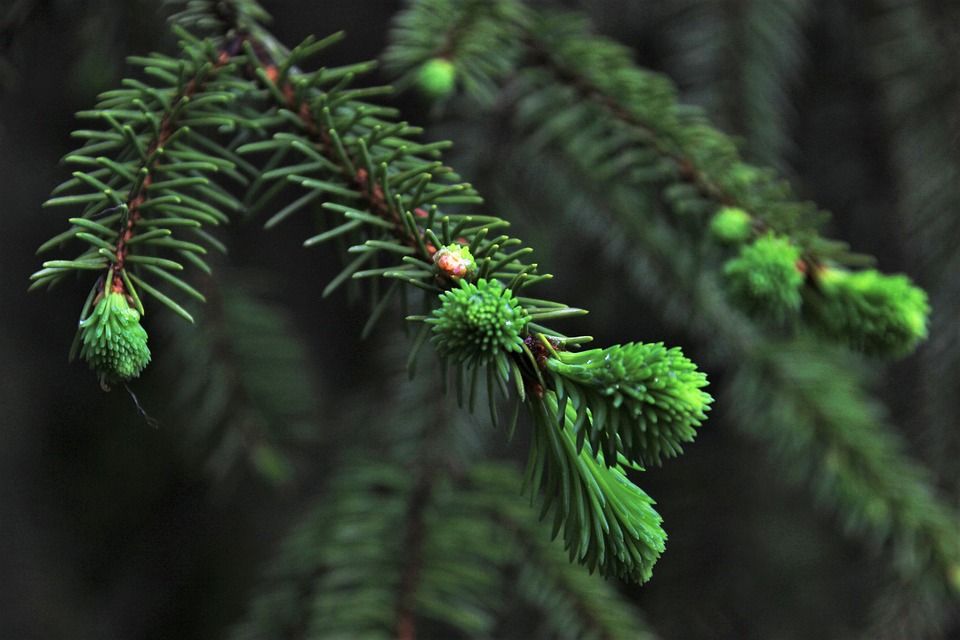
Published December 3, 2018
Holiday Greens: Leave the Greens for Wildlife
Wonderfully fragrant and lovely to behold, those snow-covered pines, evergreen boughs, and festive branches covered with red berries are all protected on Audubon Wildlife Refuges.
Audubon’s policy of no clipping has been established to preserve these plants, which create important habitat for birds and other creatures.
Important reasons not to clip on wildlife refuges include:
- Historically, uncontrolled collecting of plants has contributed to declines and even local extinction of some species.
- Pulling up whole plants or removing large branches for holiday decorations (e.g., roping for mantels and railings) can harm plants in many ways. Wounded plants are often more vulnerable to pests and diseases. Many of these species are slow to recover.
- Clipping berries reduce valuable food for resident wildlife struggling to survive in winter when food supplies are low. Removing or altering the vegetation reduces cover for animals.
- Disturbing natural communities opens the door to invasive species that are more aggressive than the native plants.
- Harvesting disrupts the native community through trampling, soil disturbance, the introduction of pests, etc.
- Many rare plants are uncommon because of habitat disturbance or destruction and indiscriminate collection over the years.
The "Christmas Greens" law (State of Rhode Island, Chapter 15, General Laws 1956, 2-15-12 through 2-15-17) also protects these plants on state property; this includes state parks, management areas, state beaches, and salt marshes. You must have written permission from the Department of Environmental Management to dig or cut plants in these areas. It is illegal to take a part, or the whole, of any plant protected by this law, unless you are on your own property, or have written permission from the owner of a property.

















